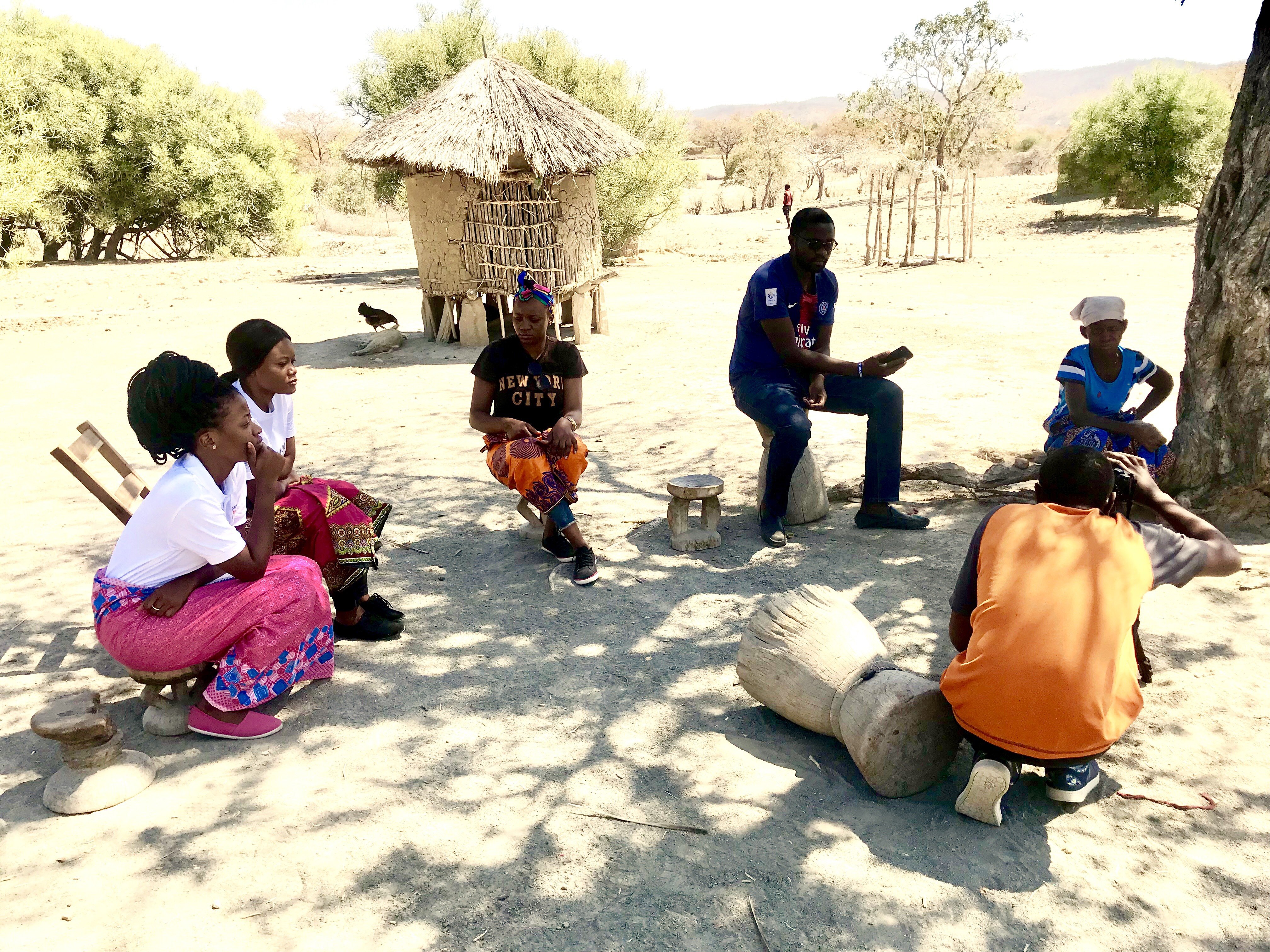The southern African nation of Zambia is experiencing a food crisis, with nearly 2.3 million Zambians at risk of facing starvation as a result of low rainfall.
The southern and western areas of the country have this year experienced their lowest rainfall since 1981, as well as prolonged dry spells between rains.
The drought has resulted in crops failing and livestock lacking grazing grounds, which has left populations in the affected parts of the country facing food shortages.
As a result, food prices have soared, affecting more than just the areas directly hit by the drought.
And, to add to the country’s woes, a breakout of foot and mouth disease is further threatening livestock. This has resulted in farmers in some drought-affected areas being unable to sell their livestock, compounding the hunger crisis.
The Zambian government, through its disaster management and mitigation unit, has indicated the country needs about $176 million (R2.6 billion) to take nutrition-sensitive relief food to the affected populations between now and March 2020.
Local organisations have been speaking up
The last three months have seen local organisations and groups calling for the drought and the food shortage to be declared an emergency.
The coalition of civil society organisations, Civil Society Scaling Up Nutrition Alliance (CSO-SUN), said at the beginning of August that the “government has no choice but to declare the hunger situation a national emergency for the country to access support from cooperating partners.”
The Alliance’s country coordinator, Mathews Mhuru, said: “Declaring the hunger situation a national emergency will increase donor support in the areas of food and nutrition support, as the country is in desperate need of help to deal with this situation, and save lives.”
As a start to addressing the problem, Mhuru and CSO-SUN said the government needs to ensure that people in the 58 districts hit hardest by the drought receive much-needed relief as soon as possible.
This is because they are facing what’s known as “phase 3 and 4” of food insecurity, which essentially means that they have to sell their assets in order for them to be in a position to buy food.
Failure to intervene, CSO-SUN adds, will lead to “phase 5” of food insecurity, which will lead to fatalities and possible loss of human life.
Taking up the cause
On Aug. 19, Zambian singer, songwriter, and Global Citizen nutrition champion Esther Chungu, along with CSO-SUN, travelled to Gwembe in the country's Southern province to better understand what the population is facing.
The stories heard by the group Chungu was travelling with, Chungu tells Global Citizen, left them sombre.
“It breaks my heart to say that people are really in need of help concerning the hunger situation. The drought [has] affected lives deeply,” she adds.
Chungu met families who have lost livestock, as well as those who can’t afford to put food on the table.
A member of one of the affected families told Chungu: “Our animals are dying. Our children are not going to school due to hunger.”
Another family said: “We go for days without food and have to look for wild fruits and roots in the forest just for some sustenance. We are hungry and any help rendered will be of great help.”
A clinical officer based in Gwembe told Chungu and the CSO-SUN representatives that the drought has started driving some people to a point of desperation, including a couple who resorted to eating roots that turned out to be poisonous.
The woman died as a result, while the man survived the incident.
Yet more people Chungu met on the visit said that, even though relief food was being sent to their area, it was barely enough for every family.
“Some families in remote areas of Gwembe did not even receive anything,” they said. “And with what was sent, we need to still share and at least have a little for everyone.”
Following the trip, Chungu made an appeal for all Zambians to come together and find a way of contributing to the betterment of the affected areas.
She added that relief efforts cannot only be undertaken by the government. “More can be done to make sure that sufficient relief food is taken to these places in order to cater for many more families.”

She also called on the Farmer Input Support Programme, a government support programme that subsidises farming inputs (maize) to low-income farmers, to encourage farmers to also focus on drought-resistant crops, like millet and cassava, that will help families fare better during droughts.
“Pregnant women are at high risk, children are not going to school due to starvation at home, and people go for three days to a week without any solid meal,” Chungu continued.
“We can do better,” she said. “We all deserve adequate food and good nutrition. Let us end this before it gets worse.”
The impact
Zambia has been making significant efforts in reducing chronic forms of malnutrition, with stunting rates having reduced from 45% to 35% in just a decade.
Stunting is the restricted physical and cognitive growth experienced by children who are under-nourished from not getting sufficient nutrients.
It has short and long term effects that include poor academic performance, and a weakened immune system. Stunted children also tend to be trapped in the cycle of poverty as adults.
It’s feared that the effects of the current food crisis will reverse the progress made, and even lead to a generational effect that would perpetuate cycles of poverty.
In the worst of times such as these, the most vulnerable, and women and children, bear the worst burden. It’s essential that the necessary attention be given by both government and stakeholders alike, to ensure we safeguard these populations.